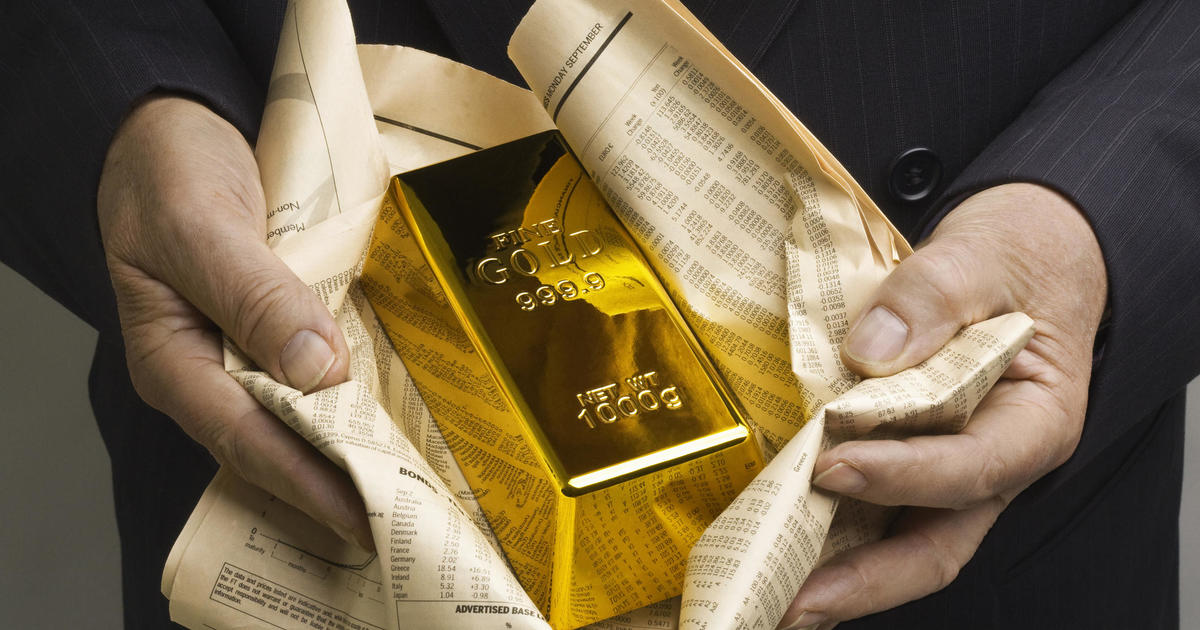
How to Spot a Reputable Bullion Dealer: Red Flags and Green Lights
When investing in bullion, whether it’s gold, silver, or other precious metals, choosing a trustworthy dealer is crucial. A reputable dealer ensures you receive genuine products and fair pricing while providing reliable customer service. Here’s a guide to spotting a reputable bullion dealer by examining red flags and green lights that indicate trustworthiness.
Green Lights: What to Look For
When selecting a reputable bullion dealer, look for several key indicators of trustworthiness. Check for industry certifications and memberships with organizations like the Professional Numismatists Guild (PNG) or the Numismatic Guaranty Corporation (NGC), which demonstrate adherence to ethical standards. Positive customer reviews on platforms such as Google and Yelp, along with a history of positive feedback, suggest reliability. Additionally, consider the dealer’s longevity in the business—those with years or decades of experience are often more stable and trustworthy. Transparent pricing is also essential; a reputable dealer should clearly outline their fees and markups. Ensure they offer secure transactions with encrypted payment methods and a clear return policy, indicating confidence in their products and providing reassurance if issues arise.
Red Flags: What to Watch Out For
- Lack of Transparency:
If a dealer is unwilling to provide clear information about their pricing, policies, or business practices, it’s a red flag. Transparency is crucial for building trust and ensuring you understand what you’re paying for.
- No Industry Certifications:
Dealers without industry certifications or memberships may not adhere to standard practices. Lack of affiliation with recognized organizations can indicate a higher risk of dealing with unverified or unethical businesses.
- Excessive Negative Reviews:
While some negative feedback is normal, an overwhelming number of complaints or consistent issues in reviews can signal problems. Look for specific complaints about product authenticity, customer service, or delivery issues. If you are buying from local dealers, ask the locals.
- Unverifiable Contact Information:
A reputable bullion dealer should have verifiable contact information, including a physical phone number. Avoid dealers with only email addresses or online chat options, as this can make resolving issues difficult if they arise. You want to be able to talk to an actual person, not a machine. Those who do not have verifiable often have something to hide, something about their businesses they don’t want you to see.
- High-Pressure Sales Tactics:
Be cautious of dealers who use high-pressure sales tactics or push you to make quick decisions. Reputable dealers understand that buying bullion is a significant decision and will give you the time and space needed to make an informed choice. Unusual
- Pricing or Discounts:
Deals that seem too good to be true often are. Be skeptical of unusually low prices or substantial discounts that deviate significantly from market rates. This could be a tactic to lure in unsuspecting buyers or a sign of counterfeit or subpar products.
In summary, spotting a reputable bullion dealer involves assessing both positive indicators and potential red flags. By looking for industry certifications, positive reviews, transparent pricing, and secure transactions, and avoiding dealers with dubious practices, you can make informed decisions and ensure a safe and satisfactory bullion investment experience.


